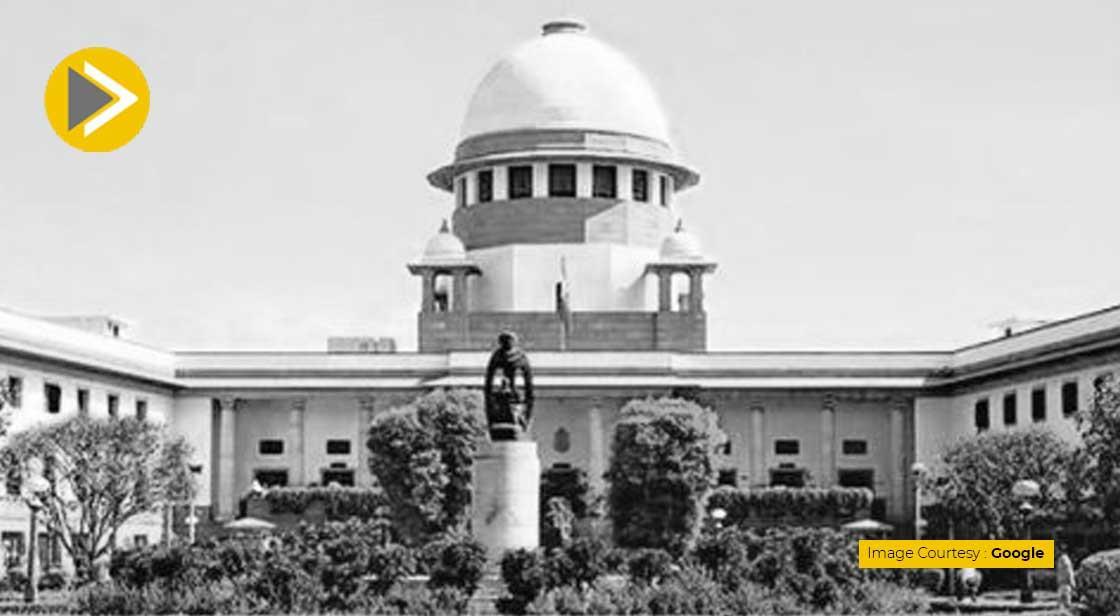Justice B.R. Gavai to Take Over as 52nd Chief Justice of India

News Synopsis
Chief Justice of India Sanjiv Khanna is set to retire on Tuesday, concluding his term as the 51st Chief Justice of the Supreme Court. He assumed the country’s top judicial office on November 10, 2024, and served for a period of six months. His retirement marks a transition in the leadership of the Indian judiciary.
Though brief, Justice Khanna’s tenure was marked by key judgments and administrative decisions that continued the tradition of judicial integrity. His leadership upheld constitutional values and contributed to continuity in the functioning of the Supreme Court.
Justice B.R. Gavai Recommended as Successor
In line with the established seniority convention, Justice Sanjiv Khanna has recommended Justice Bhushan Ramkrishna Gavai as his successor. Justice Gavai is currently the second-most senior judge on the Supreme Court bench.
This formal recommendation was sent to the Union Ministry of Law and Justice. Upon receiving approval from the President of India, Droupadi Murmu, Justice Gavai will officially be sworn in as the 52nd Chief Justice of India.
Ceremonial Bench and Farewell Tradition
Before his official departure, Chief Justice Khanna will preside over a ceremonial bench alongside his successor. This tradition symbolizes the seamless transfer of responsibility in the Supreme Court.
The Supreme Court Bar Association (SCBA) has also arranged a farewell event to honor Justice Khanna’s contributions. During this ceremony, he is expected to deliver a farewell address reflecting on his time in office and thanking colleagues and the legal community.
Justice B.R. Gavai: Background and Legal Journey
Born in Amravati, Maharashtra, Justice B.R. Gavai brings nearly four decades of legal experience to the highest judicial position in India. He began his legal career on March 16, 1985, and trained under the guidance of Raja S. Bhonsale, a respected Advocate General and later a High Court judge.
After 1990, Justice Gavai primarily practiced at the Nagpur Bench of the Bombay High Court. His areas of specialization included Constitutional and Administrative Law, establishing his reputation as a formidable legal mind.
Rise Through Judicial Ranks
Justice Gavai held multiple important legal posts in Maharashtra, including serving as Assistant Government Pleader, Additional Public Prosecutor, and later Government Pleader and Public Prosecutor for the Nagpur Bench.
His judicial career saw a major milestone when he was elevated to the Supreme Court on May 24, 2019. Since then, he has been part of several significant benches and authored judgments that contributed to the development of Indian jurisprudence.
Tenure as the 52nd Chief Justice of India
Justice Gavai, aged 64, will serve as the Chief Justice of India until November 23, 2025. His retirement will coincide with the age limit for Supreme Court judges, which is 65 years.
During his tenure, Justice Gavai is expected to oversee critical constitutional matters, administrative reforms in the judiciary, and ongoing digital transformation initiatives in the Supreme Court.
His appointment is historically significant as he will be among the few Chief Justices from the Scheduled Caste (SC) community, adding to the inclusiveness of India’s top judiciary.
Looking Ahead: A New Chapter for the Indian Judiciary
The transition from Justice Khanna to Justice Gavai marks yet another orderly leadership change in the Supreme Court. As India faces evolving legal and constitutional challenges, Justice Gavai’s vast experience in public law and his inclusive approach are anticipated to strengthen the judiciary’s role in upholding the Constitution.
The judiciary, under his stewardship, is expected to maintain its commitment to justice, transparency, and institutional credibility.
Conclusion
Justice Sanjiv Khanna’s retirement and Justice B.R. Gavai’s appointment as the 52nd Chief Justice of India reflect the enduring institutional traditions of the Supreme Court. As one chapter ends and another begins, the nation looks forward to the leadership of Justice Gavai with high expectations.
You May Like









